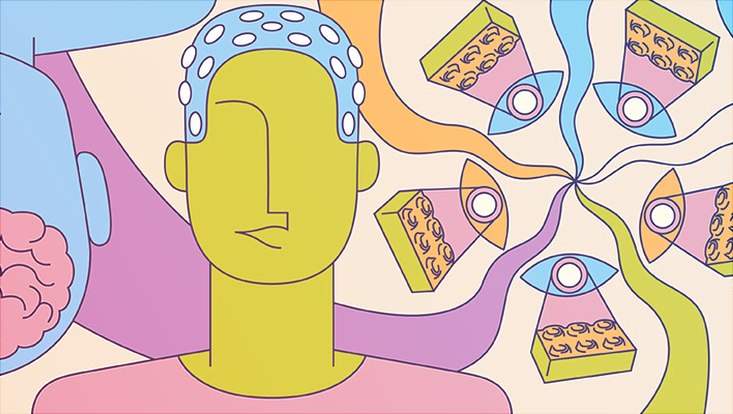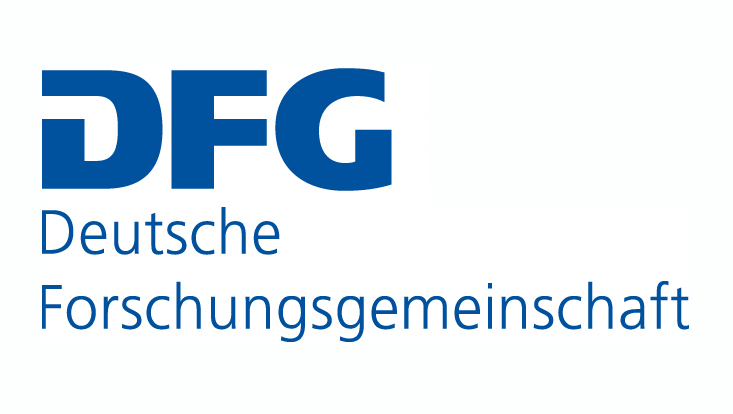Vacancy MoC Open-Topic ProfessorshipExpressions of interest for appointment to a professorship as part of the Excellence Strategy - Universities of Excellence funding line at Universität Hamburg
13 October 2021, by Webmaster PB

Photo: UHH/Wohlfahrt
Mechanisms of Change
Evolutionary Perspectives on Mechanisms of Change in Individual and Social Systems
Change is integral to human life. Humans are especially equipped to adapt to changes and to change their environment. This is apparent in the brain’s enormous capacity to adjust its functional and structural organization across the individual lifespan, in the complex temporal dynamics of social collectives such as groups and organizations, as well as in broader societal change over time. The overarching goal of the University profile initiative Mechanisms of Change (MoC) is to capture and quantify the mechanisms underlying change in human systems and reveal causes and consequences of changes at and across multiple levels (i.e., within and between individuals, groups and societies). What are the causal mechanisms underlying changes in human cognition and behavior? How is change mediated in neural, bodily, artificial, and social systems? How do human interactions with artificial intelligence change our behavioral and cognitive dynamics? How do individuals and organizations shape and adapt to societal and technological change? What are optimal time points and scales of change in different systems? What is the backbone of change in neural, cognitive and social systems that allows change without risking system collapse?
Insights gained by the MoC initiative are key to understanding the conditions which enable the emergence of adaptive systems with an optimal balance of plasticity and stability, and to derive methods to detect and overcome impediments to change in diseased, disturbed, and non-adaptive human and societal systems. The MoC initiative pursues a multi-methodological approach that covers observations, experiments, neuroscience investigations, and computational modeling.
So far, researchers in the MoC initiative have primarily examined the mediating mechanisms of change as well as the balance between change and stability in individuals and social systems. To broaden the initiative, an evolutionary perspective can address the question of why certain dynamics of change and learning are adaptive for the population at large. We are seeking an excellent, internationally visible researcher who pursues such an evolutionary perspective to understand mechanisms of change across the individual lifespan and in social systems. We expect the successful candidate to focus on questions such as the following
- Why are certain dynamics of change adaptive for individuals and in larger social collectives?
- Why is change not linear across the lifespan and why do sensitive periods for change exist?
- What are expected and what are optimal environments and societies for humans?
- Which adaptations and which disorders are predictable given specific principles of change in case of deviant or adverse environments?
The successful candidate must have a doctorate and relevant experience as a postdoctoral researcher in psychology, evolutionary biology, or a related field. Experience in international, interdisciplinary research projects is expected. Furthermore, an above-average track record of international publications and success in acquiring competitive external funding are a must. We are looking for a candidate with a strong grasp of theory and ideally with experience in and publications based on mathematical modeling.
Applicants are not required to speak German. We expect the successful candidate to teach bachelor’s and master’s students in English.
Spokespeople and contacts for the University’s profile initiative Mechanisms of Change are:
Prof. Dr. Nale Lehmann-Willenbrock: nale.lehmann-willenbrock"AT"uni-hamburg.de
Prof. Dr. Brigitte Röder: brigitte.roeder"AT"uni-hamburg.de
More information: www.moc.uni-hamburg.de


